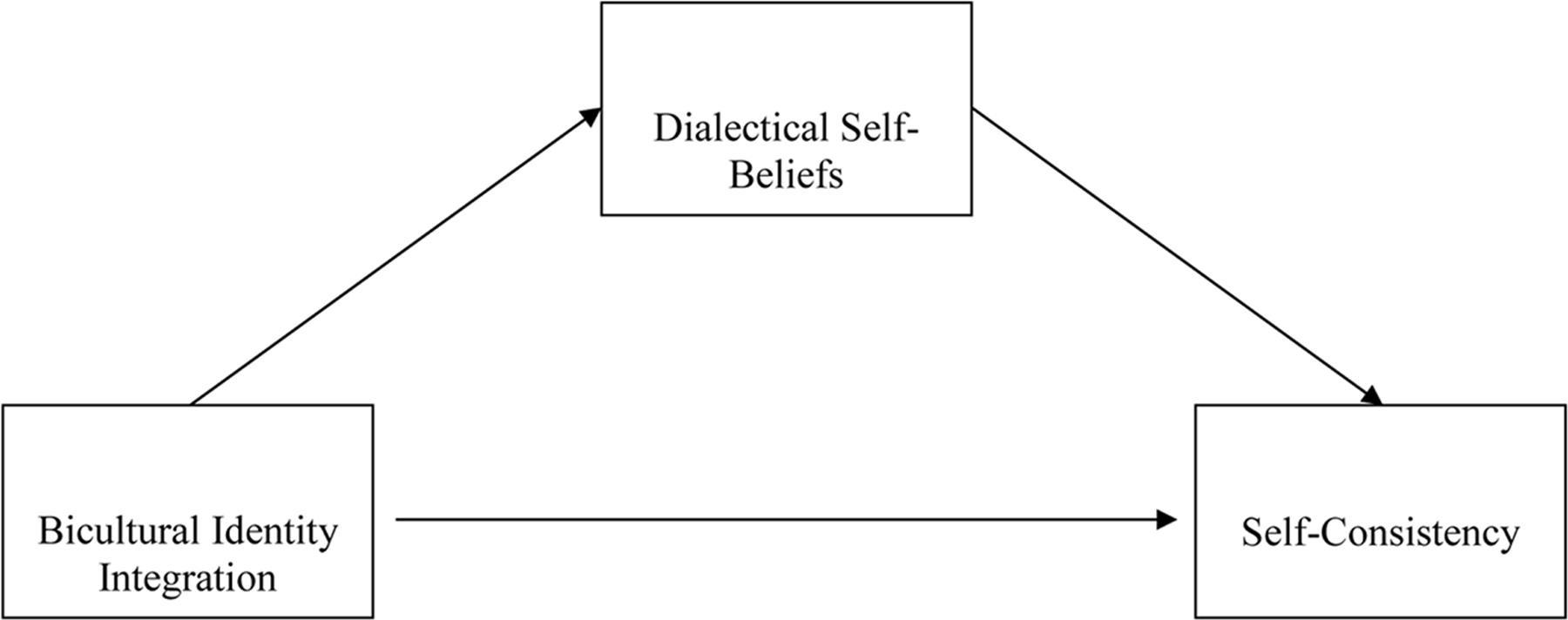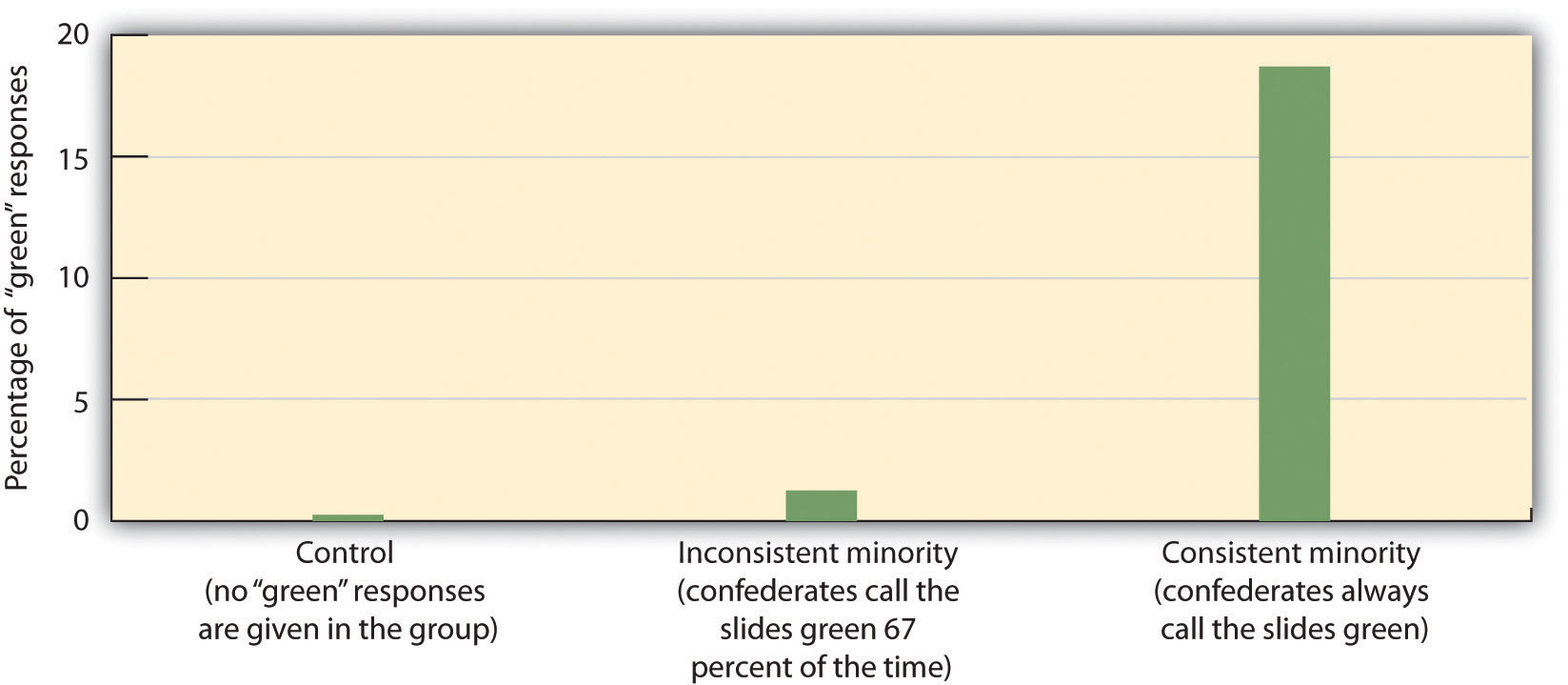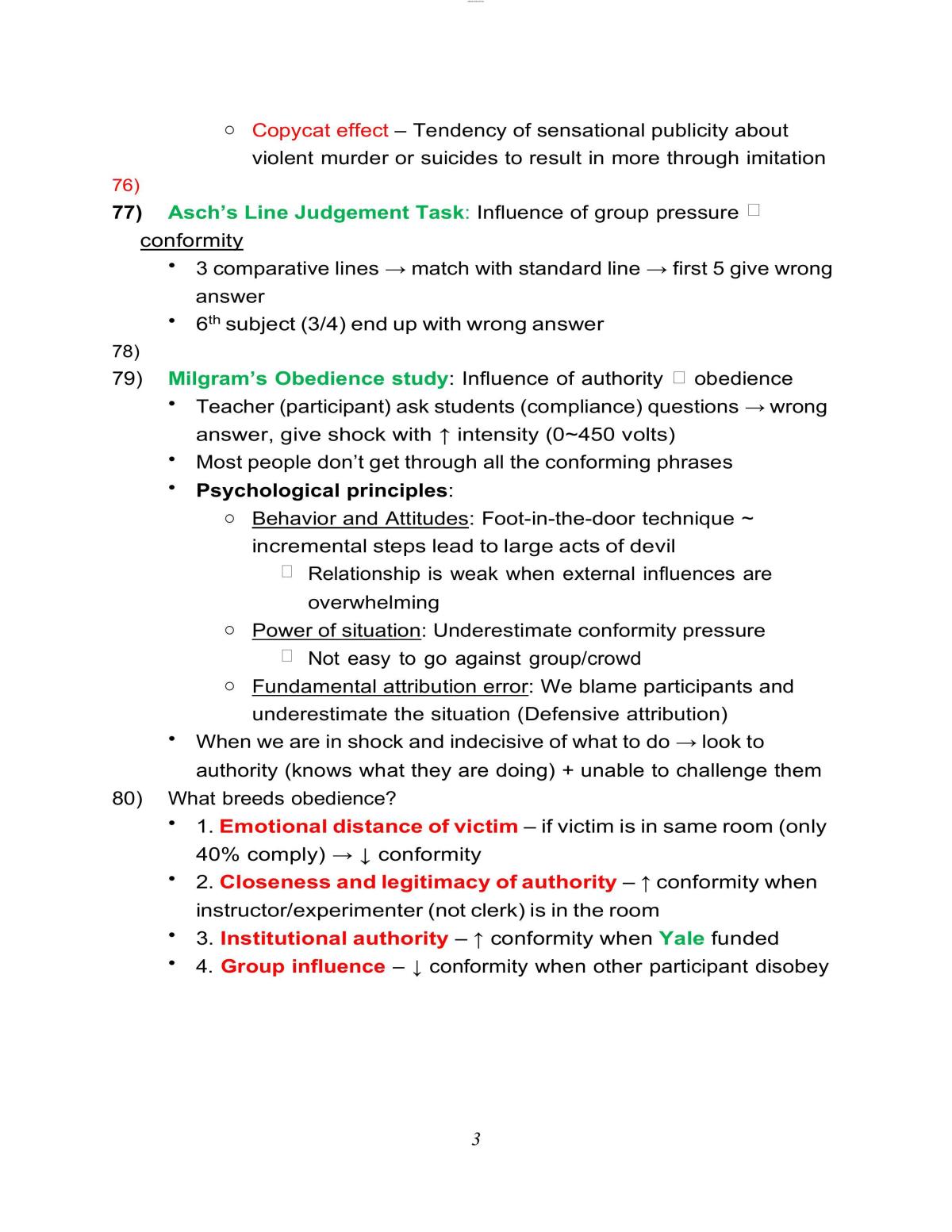To flip or not to flip: conformity effect across cultures
Por um escritor misterioso
Descrição
In group decision-making, we can frequently observe that an individual adapts their behavior or belief to fit in with the group’s majority opinion. This phenomenon has been widely observed to exist especially against an objectively correct answer---in face-to-face and online interaction alike. To a lesser extent, studies have investigated the conformity effect in settings based on personal opinions and feelings; thus, in settings where an objectively right or wrong answer does not exist. In such settings, the direction of conformity tends to play a role in whether an individual will conform. While cultural differences in conformity behavior have been observed repeatedly in settings with an objectively correct answer, the role of culture has not been explored yet for settings with subjective topics. Hence, the focus of this study is on how conformity develops across cultures for such cases. We developed an online experiment in which participants needed to reach a positive group consensus on adding a song to a music playlist. After seeing the group members’ ratings, the participants had the opportunity to revise their own. Our findings suggest that the willingness to flip to a positive outcome was far less than to a negative outcome. Overall, conformity behavior was far less pronounced for participants from the United Kingdom compared to participants from India.

Deviance, Crime, and Social Control – Introduction to Sociology

Frontiers Self-consistency in Bicultural Persons: Dialectical Self-beliefs Mediate the Relation between Identity Integration and Self-consistency

Enhanced endogenous oxytocin signaling in the brain modulates neural responses to social misalignment and promotes conformity in humans: A multi-locus genetic profile approach - ScienceDirect

Power Laws in Culture, Doug Shapiro

The Power Of Humor To Increase Trust And Transform An Organization With Dr. Brian Harman

Conformation and Morphology of 4-(NH2/OH)-Substituted l/d-Prolyl Polypeptides: Effect of Homo- and Heterochiral Backbones on Formation of β-Structures and Nanofibers

Technical Reviews Sumitomo Electric

7.1 The Many Varieties of Conformity – Principles of Social Psychology

Culture and influence in the workplace: Individualism vs Collectivism

Introduction to Social Psychology Summary, PSY220H1 - Introduction to Social Psychology - UToronto
de
por adulto (o preço varia de acordo com o tamanho do grupo)







